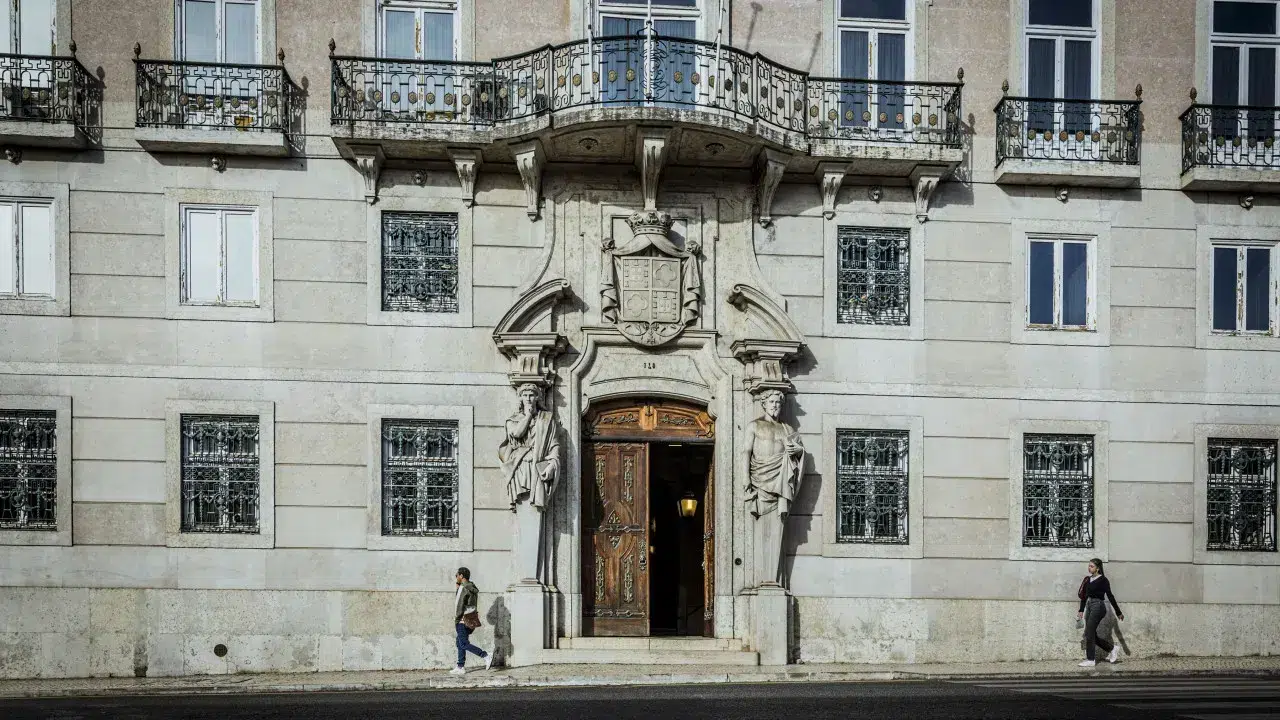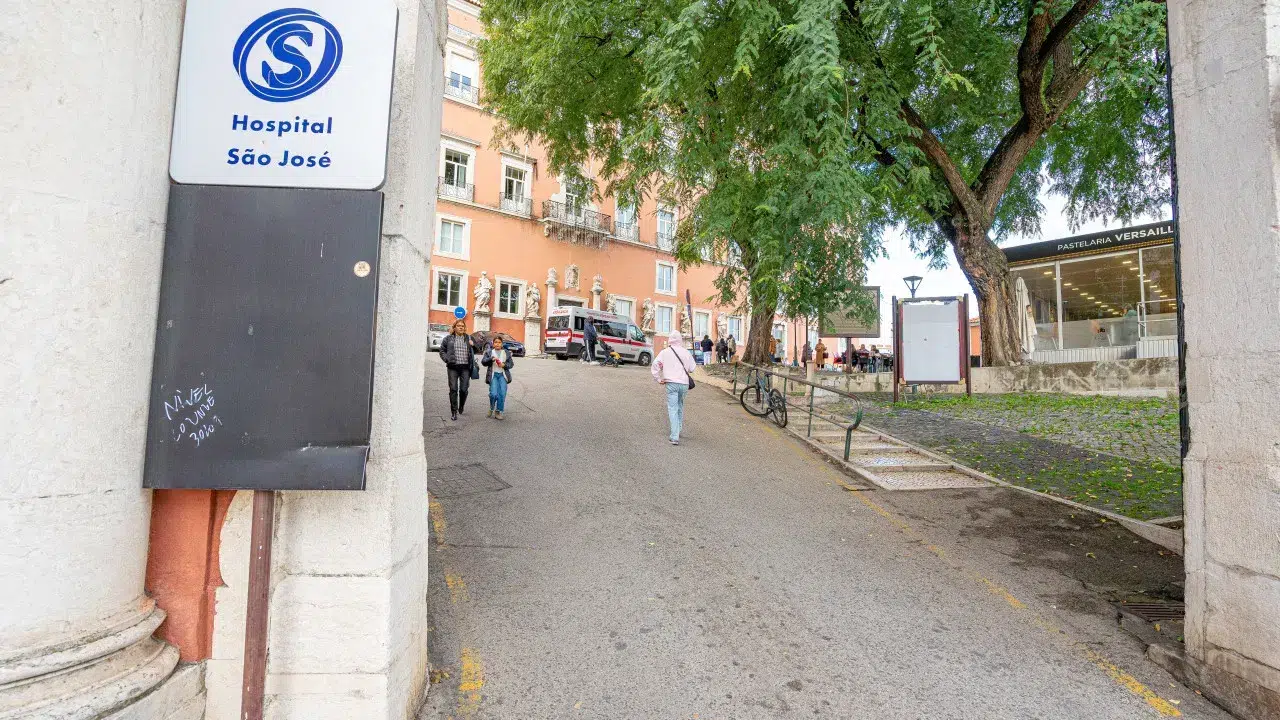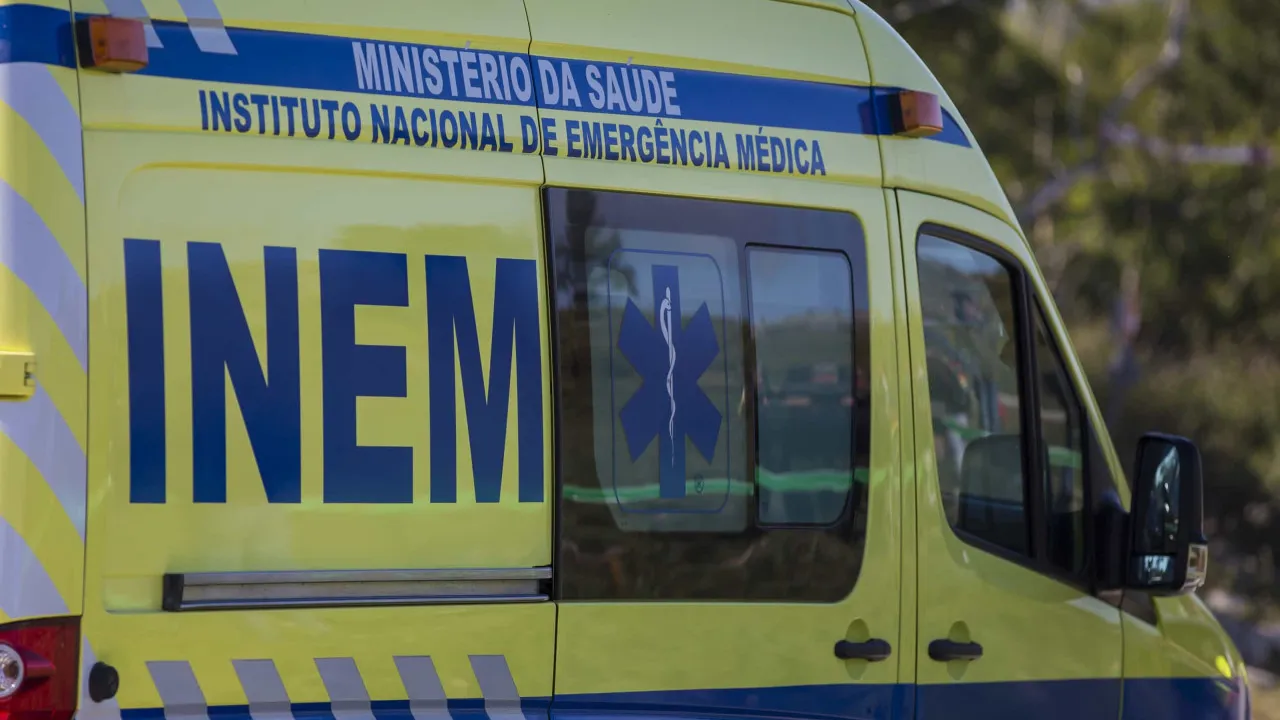
The Sindicato dos Magistrados do Ministério Público (SMMP) has announced plans to stage a strike in protest against the movement of magistrates, which the majority of prosecutors wish to cancel, but the Prosecutor General has decided to maintain. The nationwide strike is set to take place on July 9 and 10, with additional regional strikes planned for Lisbon, Porto, and Coimbra.
SMMP President Paulo Lona acknowledged that the strike “will always have some impact” and “will disrupt the normal functioning of the Public Prosecutor’s Office.”
“If the vast majority of magistrates are on strike, obviously, cases will not be dispatched, trials will not be held, and procedures will not be carried out,” he stated to reporters following the extraordinary general assembly of the union, held at the Hotel Tivoli Oriente in Lisbon’s Parque das Nações.
The warning for the upcoming magistrate movement, set to take effect in September, was challenged by the SMMP. The union accused the Conselho Superior do Ministério Público (CSMP) of driving “the final nail” into the specialization of prosecutors by seeking professionals who combine civil, criminal, and family and minors’ areas.
The issue centers on the notice published on June 4 in the Diário da República, which includes positions to be occupied by prosecutors from September in various departments and courts simultaneously.
The SMMP argued that the CSMP “created a ‘multitask’ and generalist magistrature, driving the final nail into the much-desired and proclaimed specialization,” with combinations such as enforcement and civil law in different municipalities, or family and minors, civil and criminal in one place.
Following a meeting on Tuesday with the SMMP, Prosecutor General Amadeu Guerra pledged to bring the matter to the CSMP the following day. He noted that it was at his proposal that the Council decided to maintain the movement, albeit with some changes to prevent arbitrariness and overload in the distribution of work to prosecutors.
Under the approved changes, any additional functions assigned to prosecutors by a district coordinator must undergo a hierarchy of approval until ratified. These must be communicated by the district to the respective regional prosecutor general and then to the CSMP, fulfilling a request by the union that Amadeu Guerra said was considered relevant by the CSMP.
Nevertheless, in a statement reacting to this CSMP decision, the SMMP expressed deep regret over the decision to maintain it. Faced with “an intransigent stance by the CSMP and the Prosecutor General’s Office, and with dialogue clearly exhausted,” the union declared itself “forced to resort to protest measures to halt this decision.”
At the conclusion of Tuesday’s meeting with the Prosecutor General, the union’s president left all options open regarding the forms of protest to adopt, including the strike.
“The SMMP believes that the procedure in question—whose annulment was expected—being within the CSMP’s jurisdiction, requires institutional responsibility and sensitivity to the practical and human consequences of this decision. It is a decision with profound impact on the organization of the Public Prosecutor’s Office—specifically regarding specialization—and on the personal and professional lives of numerous magistrates,” the union asserted in a statement on Wednesday, following the decision to maintain the procedure.




